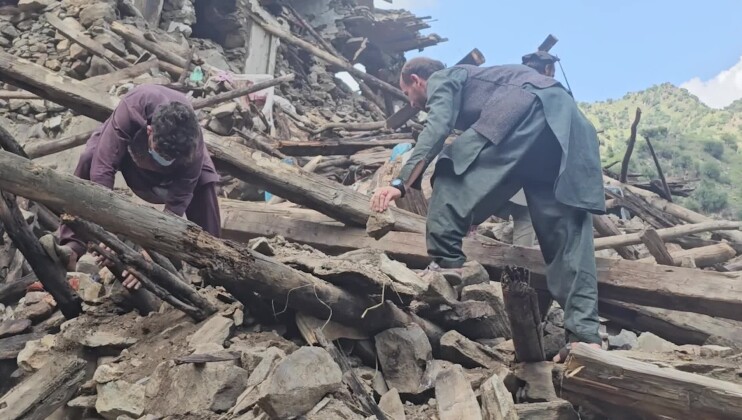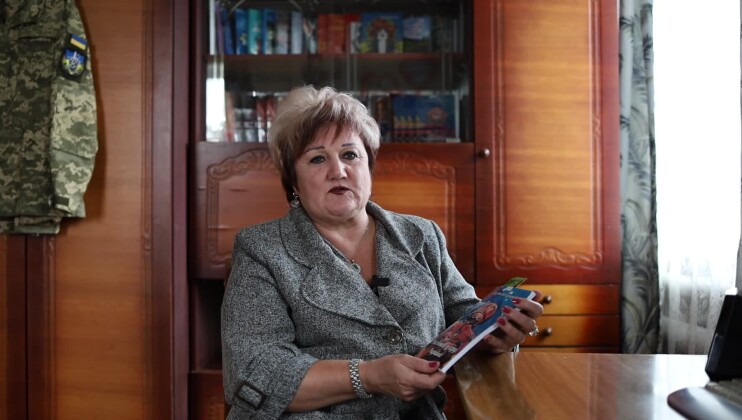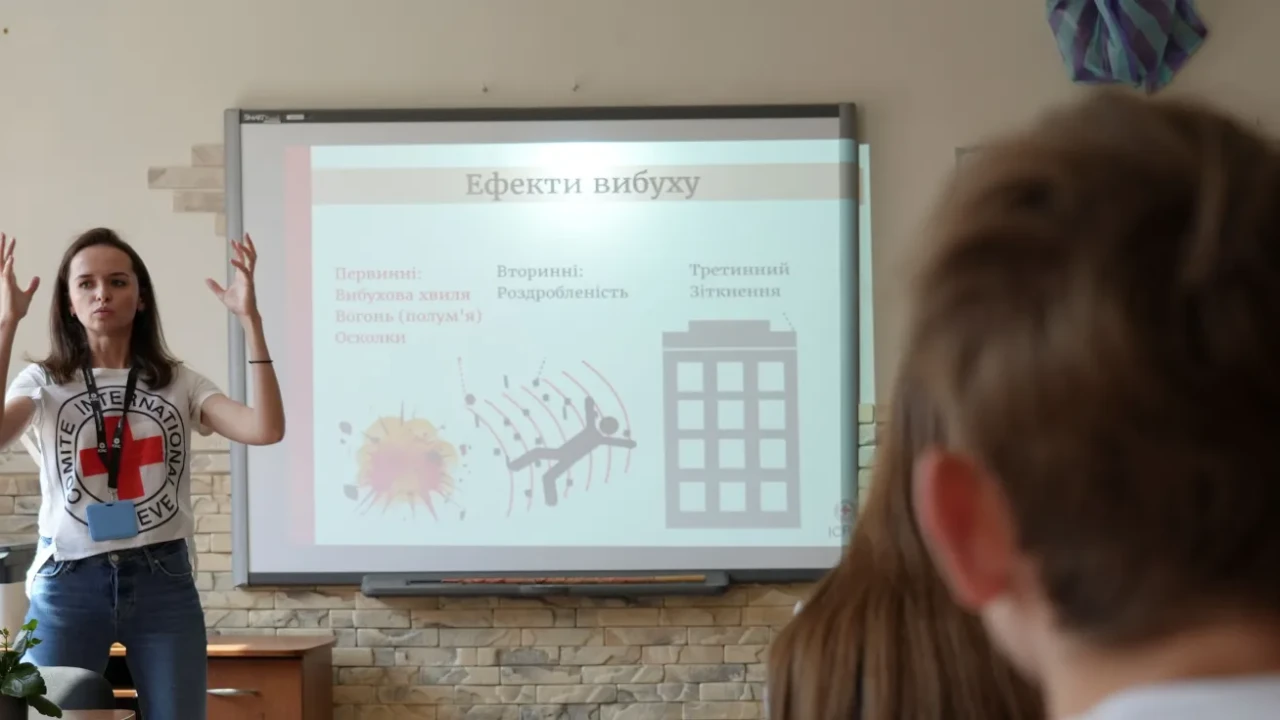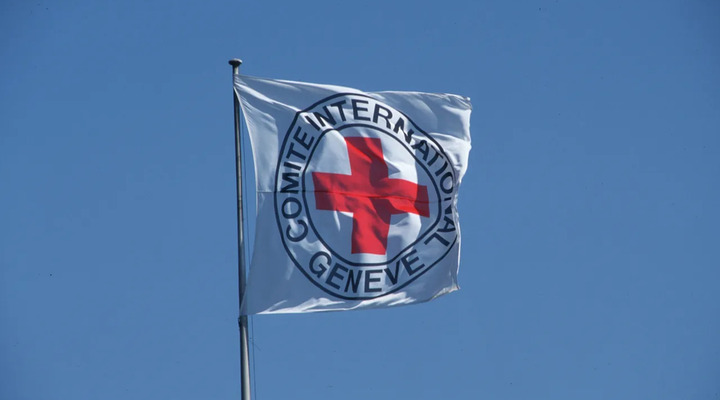ICRC and Greek authorities agree on need for standard approach to dignified management of dead migrants
Athens (ICRC) – In an effort to address the humanitarian challenge of identifying dead migrants, the International Committee of the Red Cross (ICRC) and the Hellenic Police's Forensic Science Division organized a round-table meeting in Athens on 4 October, focussing on promoting dignified management of the dead. The meeting was attended by Greece's chief prosecutor, the president of the Hellenic Red Cross, officials from several ministries, representatives of the Hellenic Coastguard and the Hellenic Police, forensic experts and other government officials.
The participants underlined many challenges to the proper identification and registration of dead migrants, including the lack of a comprehensive database on the deceased. The sheer size of the migration flows in recent years has placed a major burden on Greece's forensic services and their limited human resources and logistical set-up.
The head of the Hellenic Police's Forensic Science Division, Major General Dr Penelope Miniatis, said that the Police Laboratory had registered in its DNA database over 650 genetic samples from human remains that had not been identified. She also said that more than 150 people had approached the laboratory looking for their relatives.
The meeting of 4 October concluded on a positive note, with participants agreeing on the next steps to be taken to develop a legal framework better equipped to coordinate the management of unidentified bodies among all the agencies involved in such cases. The participants also thanked the ICRC for providing the authorities with forensic assistance and reiterated their commitment to putting in place a coordinated national protocol for managing unidentified bodies and registering missing persons.
ICRC Regional Forensic Adviser Jan Bikker praised the commitment and support shown by the Greek authorities at the round-table meeting: "An important step has been taken at this meeting to define a coordinated legal framework that will ultimately allow a national central database of missing persons and unidentified remains to be set up. This system will not only benefit Greece but may also allow information-sharing, either at national level or between European States and migrants' countries of origin, in order to clarify the fate of the missing and give the families answers. The ICRC will continue to support the Greek authorities throughout this process."
For further information, please contact:
Fragkiska Megaloudi, ICRC Athens, +30 6948716327




